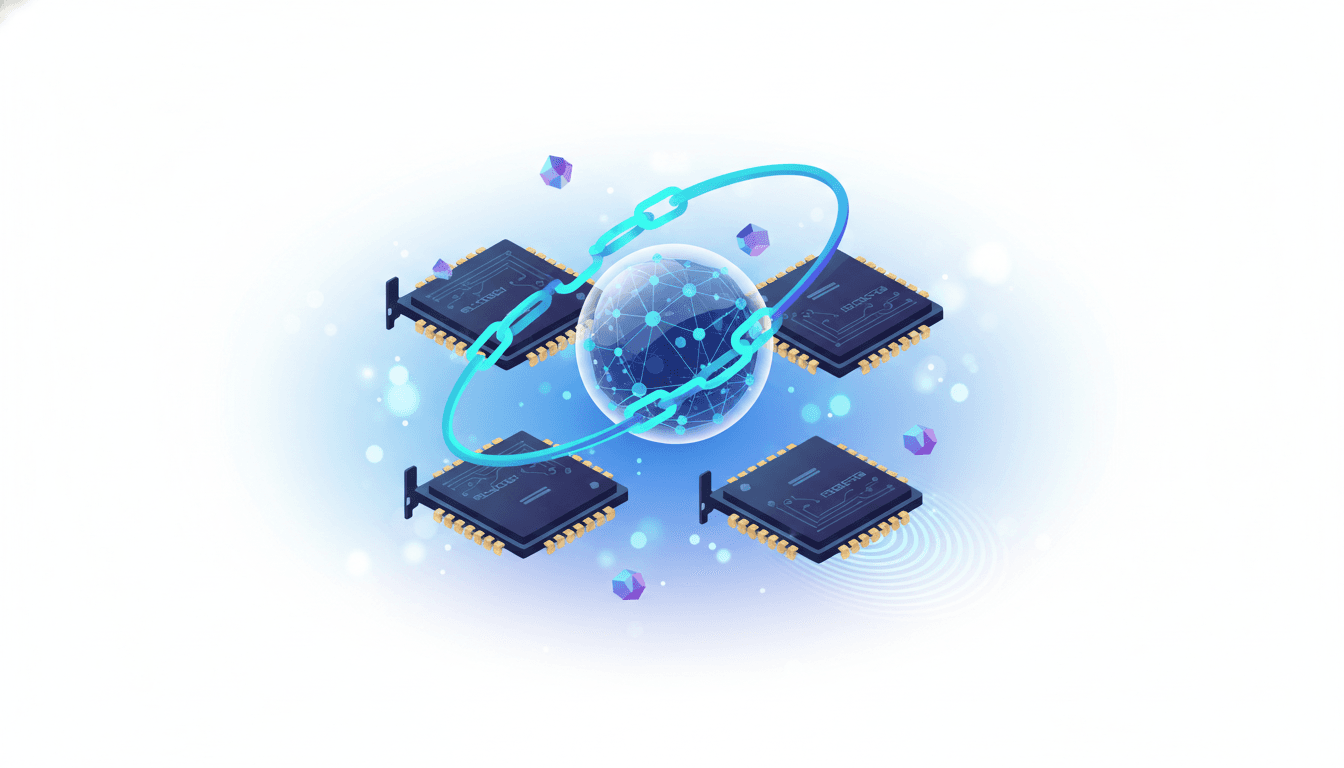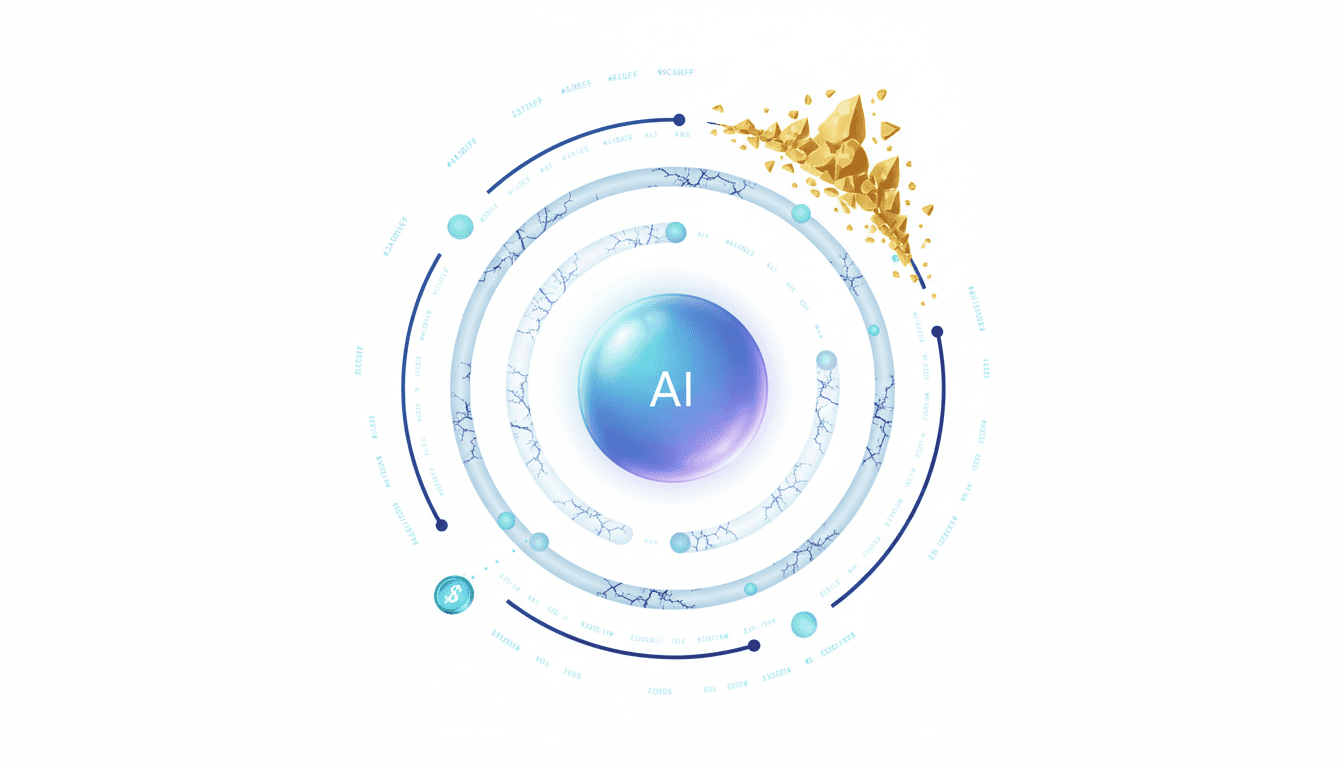Google Gemini 3: API, Workspace & Search Rollout

⚡ Quick Take
Gemini 3 isn't just a new model; it's a coordinated, three-front assault on the AI market, simultaneously targeting developers via APIs, enterprises via the Gemini app, and billions of consumers through a new "AI Mode" in Search. This fragmented rollout signals a strategic shift from pure model-vs-model benchmarks to an all-out ecosystem war, leveraging Google's massive distribution channels to deploy its most advanced intelligence layer everywhere at once.
Summary
Ever wondered how a single AI update could ripple across so many corners of our digital lives? Google has launched Gemini 3, its next-generation frontier model, and it's rolling out through three distinct channels: a developer API, the Gemini app for Workspace users, and a new "AI Mode" directly integrated into Google Search. From what I've seen in these early announcements, the initial release—Gemini 3 Pro—offers real strides in multimodal reasoning, handling text, image, audio, and video with more nuance than before.
What happened
Rather than one big, splashy event, Google is easing Gemini 3 out to different groups all at once—and it's got that deliberate feel to it. Developers now have fresh API documentation and code samples to dig into. Enterprise admins are getting rollout schedules tailored to their domains. And for everyday folks? It's all about dipping into AI-native search experiences that could change how we hunt for info online.
Why it matters now
But here's the thing—this isn't just tech tweaking; it's the AI race pivoting hard from showy demos to a scrappy fight over who controls the pipes. By slipping its top model right into Search, Google is turning its biggest strength into a weapon, one that might quietly rewrite how we browse and what happens to the open web in the process. Developers and enterprises, meanwhile, are facing a push not only on smarter models but on smoother access and those sticky ecosystem ties that keep you coming back.
Who is most affected
Have you paused to think about how this lands differently for everyone involved? Developers will need to size up the new API and mull over migration paths from older versions. Enterprises have to weigh the shiny new features against admin controls in Workspace. And consumers? Well, this could upend how we all discover information online—from quick weekend searches to the pros fine-tuning SEO strategies.
The under-reported angle
Amid the fanfare, though, some key pieces for serious users feel tucked away or just plain missing. There's no independent, reproducible benchmarks stacking Gemini 3 against heavyweights like GPT-4.1 or Claude 3.7 yet. Pricing per task? Still hazy. And those roadmaps for enterprise compliance and data residency—they're forcing evaluators to roll up their sleeves and figure it out solo, which is plenty of reasons why that stings in a fast-moving field.
🧠 Deep Dive
What if I told you Google's Gemini 3 isn't one launch, but a clever split into three paths that hit different worlds at once? That's the angle that stands out when you sift through the official developer docs from Google AI, which spotlight a solid gemini-3-pro-preview model boasting advanced multimodal reasoning and tool use. At the same time, the Workspace blog lays out timelines for admins, while spots like Business Insider and PCMag zero in on the consumer side with "AI Mode" in Search. It's this patchwork story that hints at Google's big play: taking on OpenAI, Microsoft, and the broader AI crowd across developer tools, enterprise setups, and everyday users—all in one go.
For developers and ML engineers, that new API guide is your go-to bible right now. It spells out boosts in vision, audio, and those multi-turn chats that keep things flowing. Yet—and this is where it gets tricky—it sparks more questions than it settles. No clear migration tips for folks deep in Gemini 1.5 or 2.x setups, for instance. Or solid benchmarks on latency and throughput in real scenarios. Builders end up piecing together performance guesses and cost ballparks themselves, which adds real drag when rivals are laying out cost-per-task details more openly. The capabilities sound top-notch, sure, but getting to a live deployment? That road's still a bit misty.
The real game-changer, I'd say, is "AI Mode" landing in Google Search. This goes beyond a fancy chatbot—it's the first crack in reshaping the planet's main info-finder. Consumer tech pieces call it a "ChatGPT killer," but that's surface-level; the bigger ripples for how we handle information are barely touched. Launch notes skip over privacy tweaks, opt-out how-tos, or what this means for web publishers and the SEO crowd hooked on traditional search clicks. "AI Mode" flips Google from info organizer to answer weaver, and that's got layers of economic and societal weight we're not fully unpacking yet.
Shifting to enterprises, weaving Gemini into the app for Workspace is a straight shot at Microsoft's Copilot game. Google's wagering that parking its best model smack in the middle of productivity tools will pull users in deeper. Still, those nagging enterprise worries aren't getting the spotlight they deserve. Announcements skim over data residency details, compliance nods for sectors like healthcare (think HIPAA) or government (FedRAMP), and those fine-tuned audit logs that regulated fields demand. As Ethan Mollick points out, capabilities evolve lightning-fast, but trust in enterprise settings? That builds slow, on docs and controls that aren't all laid bare just yet.
📊 Stakeholders & Impact
Stakeholder / Aspect | Impact | Insight |
|---|---|---|
AI / LLM Providers | High | Google escalates the AI war from model-vs-model to ecosystem-vs-ecosystem. Success will depend on winning devs, enterprises, and consumers simultaneously. |
Developers & Builders | High | Access to a new frontier model via API, but burdened by the need to conduct their own benchmarking, cost analysis, and compatibility testing without official guides. |
Enterprise Users & Admins | Medium-High | Gain powerful new capabilities in Workspace, but face uncertainty around enterprise-grade governance, data handling, and compliance for regulated industries. |
Consumers & Search Users | Significant | The search experience is fundamentally changing with "AI Mode". This offers more direct answers but raises questions about information diversity, bias, and privacy. |
Web Publishers / SEO | Significant | "AI Mode" threatens to disrupt the traditional search-and-click economy, reducing traffic to source websites and demanding a new approach to content strategy. |
✍️ About the analysis
This is an independent i10x analysis synthesized from Google's official launch announcements, developer documentation, and early media coverage. It is written for developers, product managers, and CTOs who need to move beyond marketing claims and understand the strategic implications of Gemini 3 for their products, workflows, and competitive positioning.
🔭 i10x Perspective
Isn't it striking how Google's Gemini 3 drop feels like a bold line in the sand for the AI showdown? They're saying outright that victory comes through spreading the tech far and wide, not just flexing benchmarks. By threading its flagship model into Search, Workspace, and dev kits, Google taps its huge reach to make AI feel like background hum in daily life.
That said, this multi-pronged push swaps tight messaging for broad coverage—and it's a gamble. The real hang-up, as I've noticed in chats with folks in the trenches, is closing those trust gaps on benchmarks, clear pricing, and enterprise safeguards before others lock in with easier on-ramps. AI's tomorrow isn't solely about the brainiest system; it's the one that earns faith and weaves in seamlessly.
Related News

OpenAI Nvidia GPU Deal: Strategic Implications
Explore the rumored OpenAI-Nvidia multi-billion GPU procurement deal, focusing on Blackwell chips and CUDA lock-in. Analyze risks, stakeholder impacts, and why it shapes the AI race. Discover expert insights on compute dominance.

Perplexity AI $10 to $1M Plan: Hidden Risks
Explore Perplexity AI's viral strategy to turn $10 into $1 million and uncover the critical gaps in AI's financial advice. Learn why LLMs fall short in YMYL domains like finance, ignoring risks and probabilities. Discover the implications for investors and AI developers.

OpenAI Accuses xAI of Spoliation in Lawsuit: Key Implications
OpenAI's motion against xAI for evidence destruction highlights critical data governance issues in AI. Explore the legal risks, sanctions, and lessons for startups on litigation readiness and record-keeping.